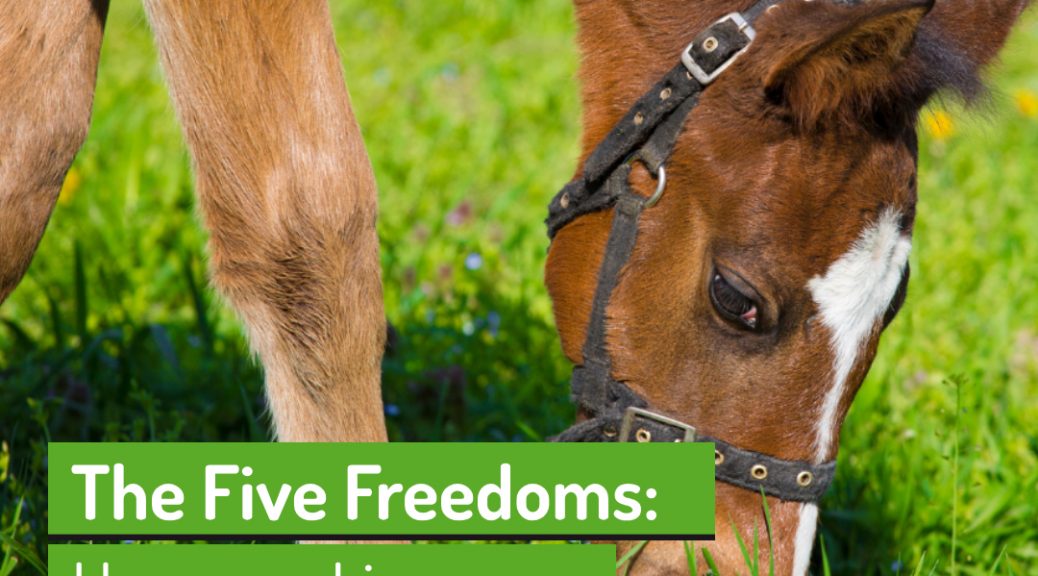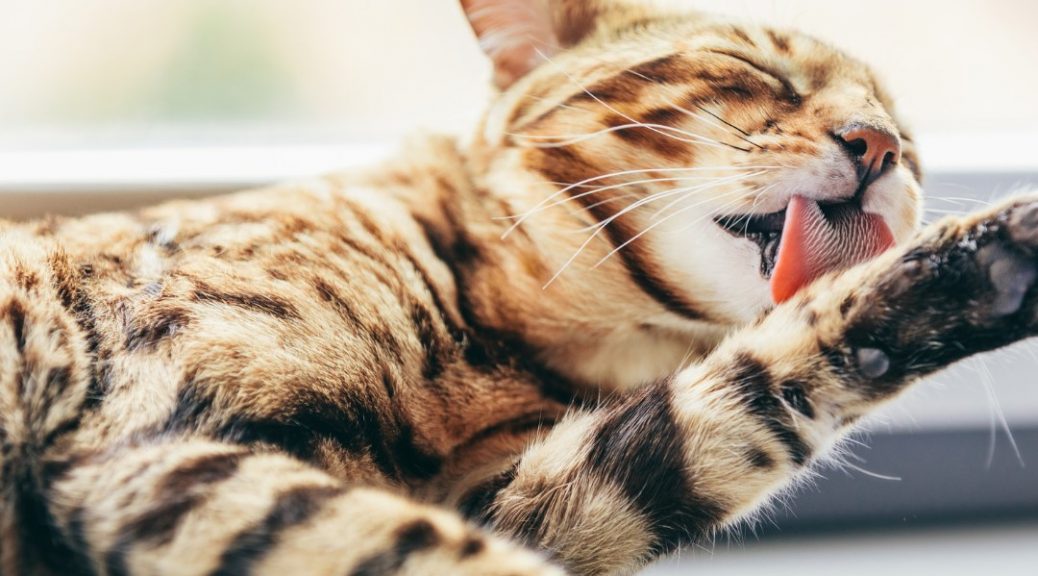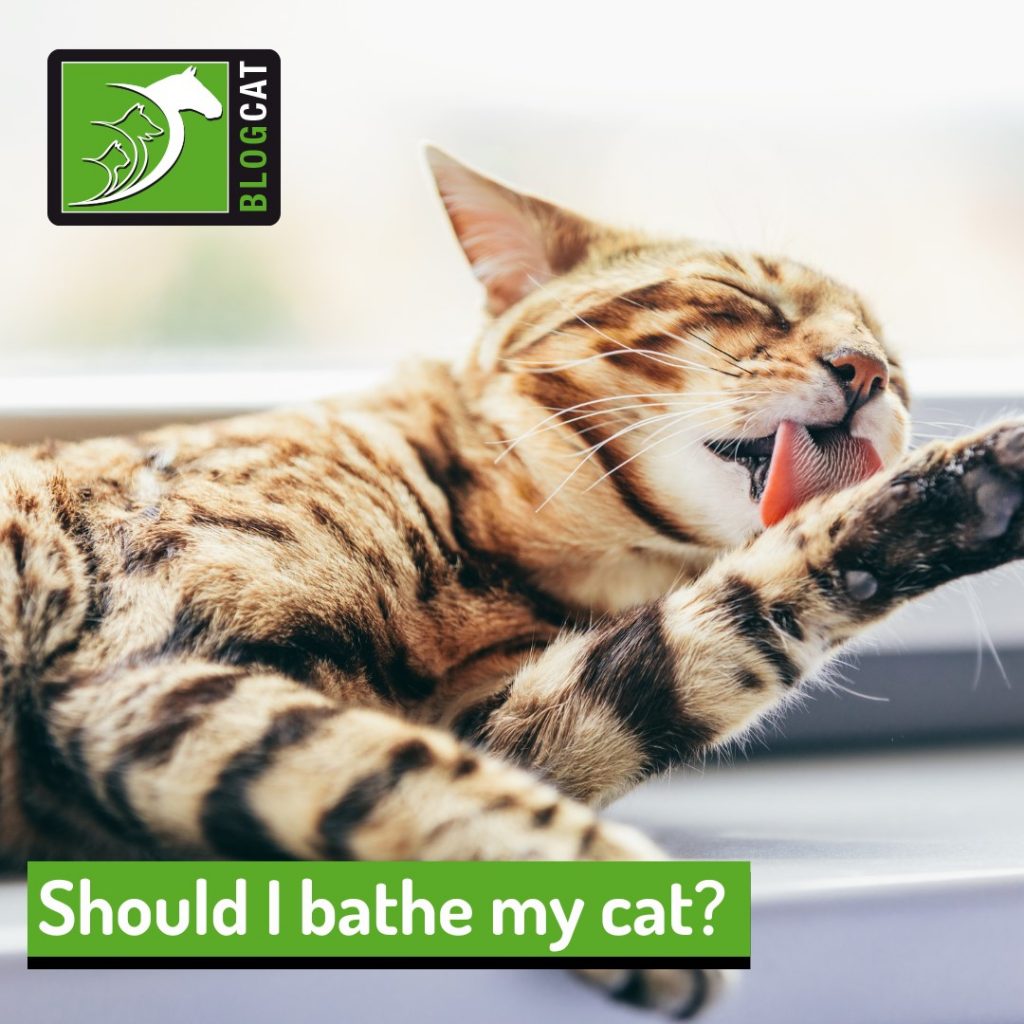As we mentioned in our last Equine blog, horses and donkeys are amazing companions! They support us by giving us unconditional love, helping us with farm and transportation work, and can perform as outstanding athletes in various types of competitions.
As with all other companion species, the Five Freedoms are an essential part of equine welfare and in this blog, we’ll be talking about freedom from hunger and thirst and freedom from pain, injury and disease.
Keep reading to know how you can improve your horse’s life!
Freedom from hunger and thirst
Horses are large ruminants that require the appropriate type and quantity of food for their age, lifestyle, and physical condition (for instance, pregnancy, old age, or chronic illnesses).
Because this can vary so much for each horse and is likely to change during the horse’s life, it’s essential that you keep a close eye on their needs and change how you’re feeding them as needed. This might mean balancing nutrients, introducing supplements or finding better ways to avoid under- or overfeeding.
They also cannot live without water and, in fact, will suffer severe consequences quicker from a lack of water than from bad nutrition. This means that it’s crucial that you provide them with permanent access to fresh water that doesn’t have a bad taste (which might mean your horses drink less than they should) or isn’t accidentally contaminated with chemicals or microorganisms.
If you’re worried about your horse’s nutrition or if he or she has a disease that requires a specific type of food, don’t hesitate to talk to your vet! They can help you ensure your animals are receiving the right type and amount of food to thrive and remain healthy.
Freedom from pain, injury and disease
Discomfort and pain are two major contributors to decreased quality of life and lack of welfare in equines. An essential part of responsible ownership is creating and maintaining the conditions that allow your animals to live their best lives and spend many happy years with you.
- Here are some of the best ways to ensure that your horses avoid pain, injury and disease:
- Take a good look at where your horses live, sleep and exercise and make sure that they have a comfortable place to rest, enough space to move around and routines that respect their needs;
- Schedule preventative veterinary appointments as regularly as needed and consistently be on the lookout for any problems that might come up, like limping, hoof problems or weight variations;
- If your horse has a chronic health condition, they might require medication and special care from you;
- Whenever you see an injury or a problem that requires urgent care, contact your vet as soon as you are able!
Join us for our next blog post as we wrap up our series on the 5 Freedoms of Animal Welfare!
In summary:
- Respecting the five areas of animal welfare is essential for the health, wellbeing and happiness of your horse;
- Equines require specific nutrition depending on their age, lifestyle and physical condition as well as permanent access to clean, fresh water;
- A well-maintained stable, preventative veterinary care and support during medical emergencies as well as during chronic health conditions will ensure that your animals live long and happy lives free from suffering.
Would you like to know more about horses? Check our Equine Courses:
Equine courses




